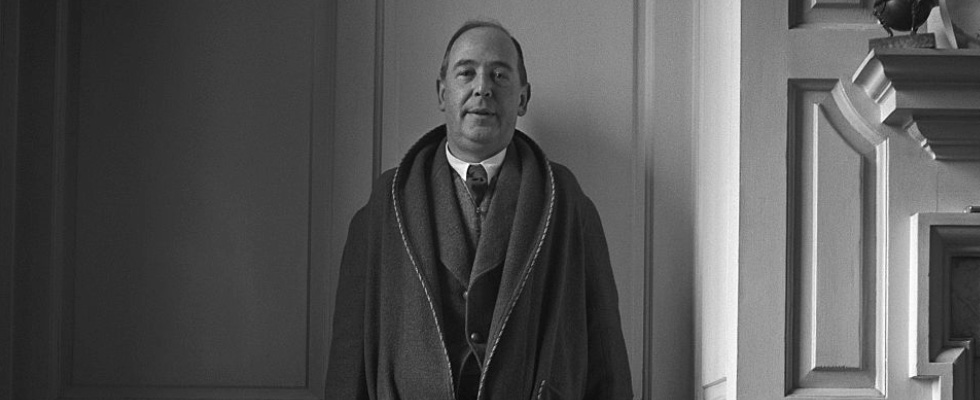On this day in 1898, Clive Staples Lewis, one of the greatest intellectual thinkers of the twentieth century was born. To this day, C.S. Lewis remains one of the world’s best-loved writers.
His masterpiece series, The Chronicles of Narnia, has sold over 100 million copies and has been transformed into three major motion pictures, with more reportedly to come. On a side note, few might know the name Caldron Pool finds its origin in the series.
In 1944, Lewis wrote a column under the title Notes on the Way for the political and literary review magazine Time & Tide. One of his articles, under the heading Democratic Education, touched on the demand for equality. An excerpt from that article can be read below:
The demand for equality has two sources — one of them is among the noblest, the other is the basest of human emotions. The noble source is the desire for fair play. But the other source is the hatred of superiority. At the present moment it would be very unrealistic to overlook the importance of the latter. There is in all men a tendency (only corrigible by good training from without and persistent moral effort from within) to resent the existence of what is stronger, subtler or better than themselves. In uncorrected and brutal men this hardens into an implacable and disinterested hatred for every kind of excellence. The vocabulary of a period tells tales. There is reason to be alarmed at the immense vogue today of such words as “highbrow”, “upstage”, “old school tie”, “academic”, “smug”, and “complacent”. These words, as used today, are sores — one feels the poison throbbing in them.
…There are two reasons for not attempting to [propitiate evil passions — to appease envy]. In the first place, you will not succeed. Envy is insatiable. The more you concede to it the more it will demand. No attitude of humility which you can possibly adopt will propitiate a man with an inferiority complex. In the second place, you are trying to introduce equality where equality is fatal.
Equality (outside mathematics) is a purely social conception. It applies to man as a political and economic animal. It has no place in the world of the mind. Beauty is not democratic — she reveals herself more to the few than to the many, more to the persistent and disciplined seekers than to the careless. Virtue is not democratic — she is achieved by those who pursue her more hotly than most men. Truth is not democratic — she demands special talents and special industry in those to whom she gives her favors. Political democracy is doomed if it tries to extend its demand for equality into these higher spheres. Ethical, intellectual, or aesthetic democracy is death.























